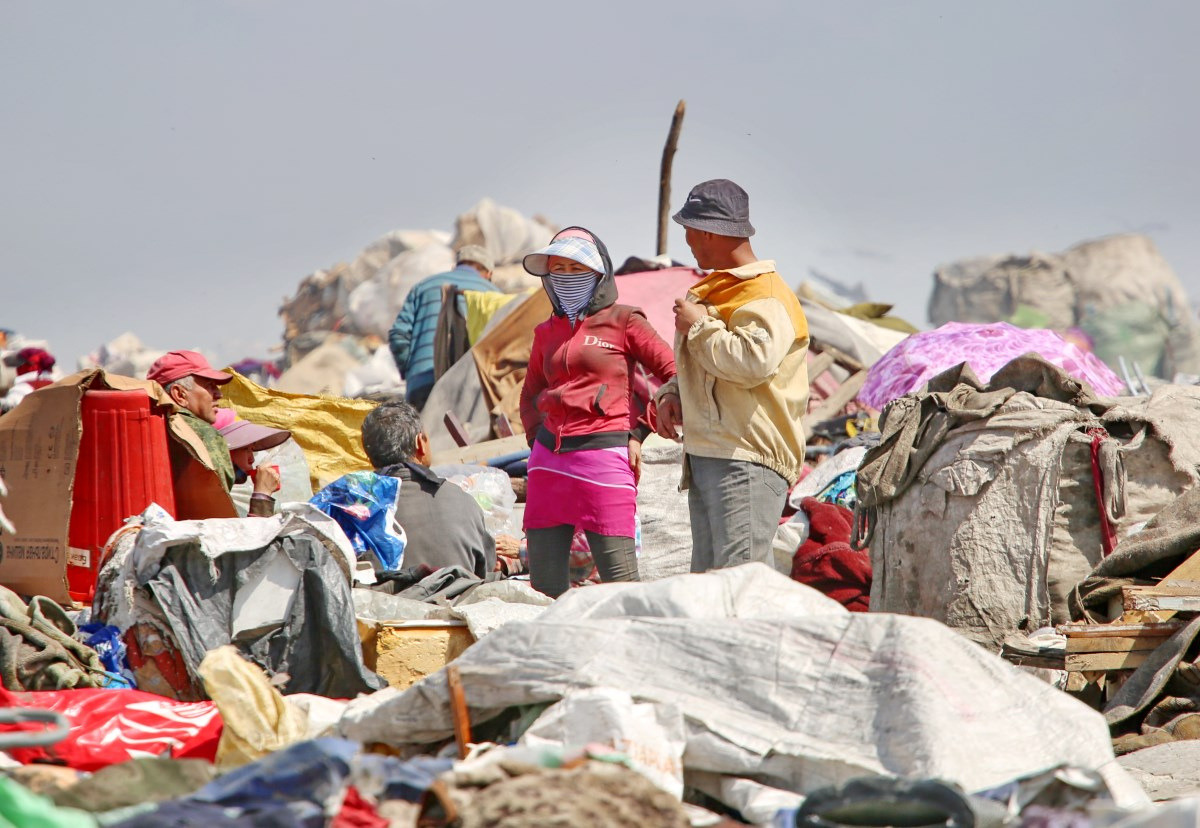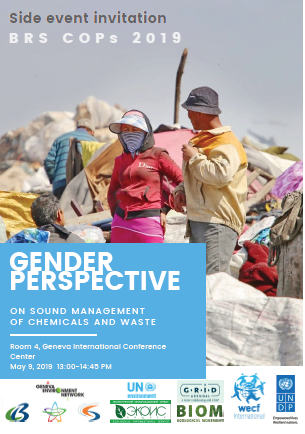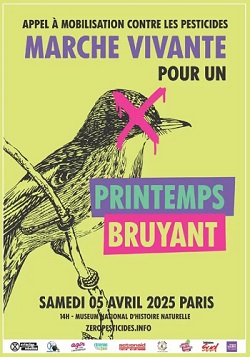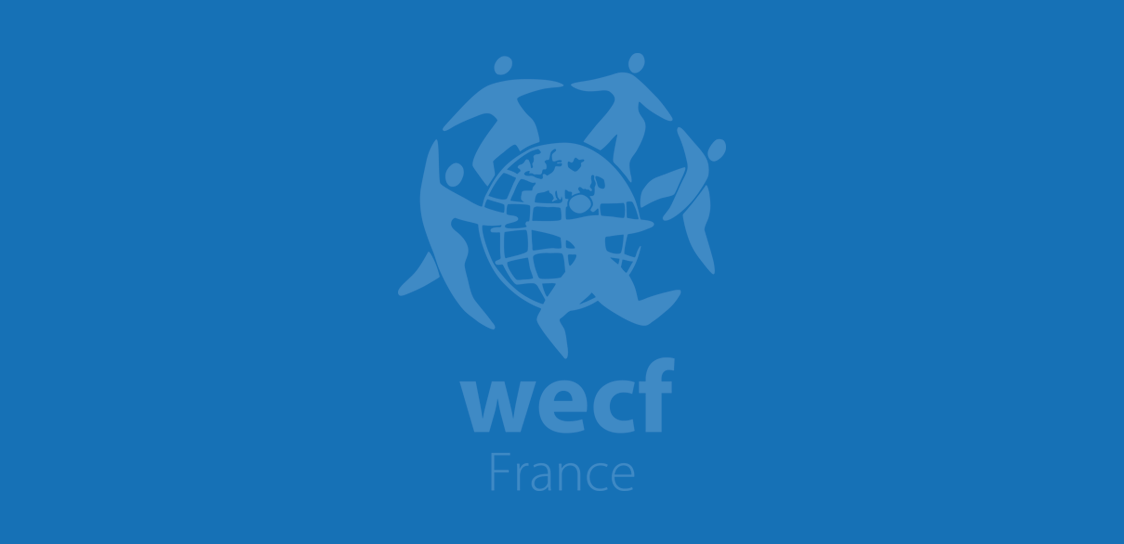 PRESS RELEASE - May 9th 2019 - WECF International, together with several partner organizations, and with the support of the Basel, Rotterdam and Stockholm (BRS) conventions secretariats, organized today a side-event on how gender mainstreaming contributes to improve the management of hazardous chemicals and waste. The event takes place in Geneva where the countries that are Parties to the 3 global Chemical conventions gather to advance the international agenda on chemicals and waste. Several tools and approaches to make gender mainstreaming a reality, as well as good practices were shared with participants.
PRESS RELEASE - May 9th 2019 - WECF International, together with several partner organizations, and with the support of the Basel, Rotterdam and Stockholm (BRS) conventions secretariats, organized today a side-event on how gender mainstreaming contributes to improve the management of hazardous chemicals and waste. The event takes place in Geneva where the countries that are Parties to the 3 global Chemical conventions gather to advance the international agenda on chemicals and waste. Several tools and approaches to make gender mainstreaming a reality, as well as good practices were shared with participants. 
Babies are born pre-polluted by toxic chemicals
The representative of the Swedish Ministry of the Environment and Energy reminded that achieving gender equality is an evolving process, and pointed out that babies today are born pre-polluted by hundreds of risky chemical contaminants. A concern which is shared by the international health community, which has been urging governments to act (1).

Tools for an effective implementation of gender mainstreaming
Since the adoption of a Gender Action Plan, gender mainstreaming has become a transversal approach in the implementation of the chemical conventions. The Pocket guide to the BRS Gender Action Plan (2), launched at the side-event, paves the way for the appropriation of a gender approach by Parties. Another tool, an e-learning course on gender, chemicals and waste (3), developed by UNITAR helps for instance to understand how women are differently affected by chemicals, to undertake appropriate action.
Case studies: gender mainstreaming in action
Implementing gender-responsive activities requires considering various elements, such as women’s biological specificities, existing distribution of activities based on gender, etc. As a key to success, Sascha Gabizon (WECF International) estimates that good practices must be identified to be duplicated and multiplied. Indira Zhakipova, a chemicals and waste expert at EKOIS-BIOM ecological movement shared her experience on gender-mainstreaming in projects in Kyrgyzstan. The country’s toxic chemicals burden proves heavy, and covers clean-up of dumping sites of obsolete pesticides, facing contamination by mercury mining activities and exposure to chrysotile asbestos, whereas occupational or domestic. Interviews show that authorities often target male workers in training excercises, whereas women are to a much larger degree involved in managing of pesticides and waste. Women are more often “invisible” and informal actors. Having gender data helps with effective policies and actions.
No doubt that filling the gender gap in activities of chemicals and waste management would benefit the activities by Parties to the BRS conventions, while supporting Agenda 2030 in reaching several SDGs such as gender equality (SDG5), good health and well-being (SDG3), responsible production and consumption (SDG12), which are key for a clean planet and healthy people.
(1) In 2015, the International Federation of Gynecologists and Obstetrics (FIGO) released an “Opinion on reproductive health impacts of exposure to toxic environmental chemicals”, which contains a list of 4 recommendations, https://www.figo.org/sites/default/files/uploads/News/Final%20PDF_8462.pdf
(2) The guide was developed by the Secretariat of the conventions and GRID-Arendal network, with the support of Sweden. For more information: http://www.brsmeas.org/Gender/BRSGenderActionPlan/PocketGuide/tabid/7999/language/fr-CH/Default.aspx
(3) The course, part of a Gender and environment global course proposed by the UN Climate Change Learning Partnership is available on line : https://unccelearn.org/course/view.php?id=39&page=overview
Contacts:
Sascha Gabizon, Executive Director, WECF International,sascha.gabizon@wecf.org
Elisabeth Ruffinengo, Advocacy and policy officer, WECF France, elisabeth.ruffinengo@wecf.eu



